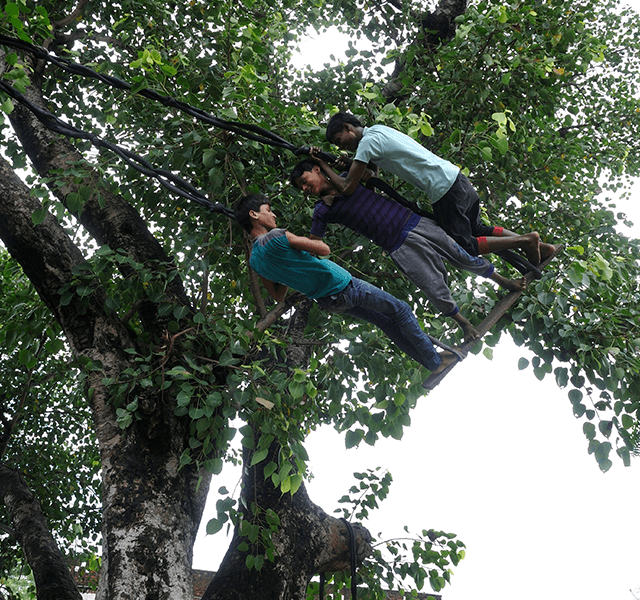

The use of traditional methods of family planning has increased in Uttar Pradesh and Bihar over time. Although the family planning programs strive to improve modern contraceptive use, Traditional still contribute significantly to the overall contraceptive use. This brief highlights the reasons for this increase, whether it is by choice or due to inadequate family planning services, and ways to improve efficient traditional and modern methods use.
Read MoreProject MANCH, supported by HCL Foundation, aims to improve the MNCH outcomes in tribal areas of Madhya Pradesh. One of the key drivers of the Project are the ASHA Supervisor Mentors (ASMs) who provide need-based supportive supervision & mentoring to ASHA Supervisors & ASHAs. This brief highlights the Group Session conducted to understand their personal gains & challenges & brainstorm on possible solutions & strategies to strengthen the intervention.
Read MoreA well-functioning health system ensures equitable access and use of essential medical products with high quality & safety standards, along with being cost-effective. A system design to deliver quality drugs in public health facilities is critical. This note captures the system design changes done by the Government of Uttar Pradesh with the support of the UP TSU in establishing a well-functioning public health supply chain system.
Read MoreIn India, the HIV epidemic is concentrated among key populations, such as the MSMs. Conventional targeted interventions mitigate HIV transmission by focusing on physical hotspots. As there is a shift within the MSM community to connect with sex partners online, novel approaches are needed to map virtual platforms where sexual networks are formed. This study estimates the number of MSM in Delhi using virtual platforms to connect for sex and to describe patterns of their use.
Read MoreCare during pregnancy or Antenatal care (ANC) is widely recognized as an essential element of safe motherhood. India contributes 20% of the total estimated maternal deaths that occur globally each year as per WHO estimates. Most of these maternal deaths occur during the third trimester, child-birth and the first week after birth. The UP TSU supported the Government of Uttar Pradesh in planning and implementing community interventions to strengthen antenatal care in Uttar Pradesh rural areas.
Read More